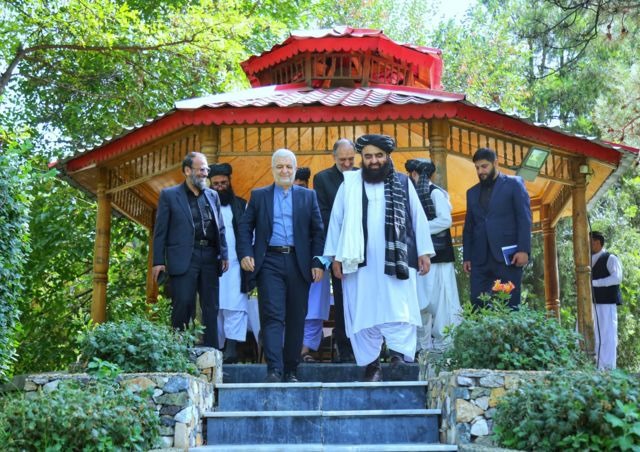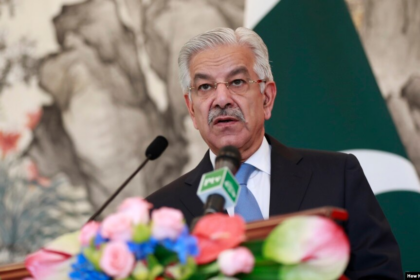RASC News Agency: The Iranian newspaper Jomhouri Eslami has sharply criticized the Taliban for failing to uphold their commitments to Iran, despite having received significant concessions over the past three and a half years. In an editorial published on Sunday, February 16, titled “The Taliban’s Deception of Iranian Officials,” the newspaper accused the group of violating its pledge to honor Iran’s water rights. Citing environmental experts and satellite imagery, the report revealed that between January 12 and February 1, a substantial water flow was present in the Helmand River. However, rather than allowing it to enter Iran, the Taliban deliberately diverted it toward the Godzareh salt flats, rendering it unusable and violating their agreement.
The newspaper harshly criticized Iranian officials for their ongoing engagement with the Taliban, suggesting that Tehran’s policymakers are being misled. It specifically referenced Abbas Araghchi’s recent visit to Kabul, where, after diplomatic meetings with Taliban leadership, he was seen having tea at a local restaurant. The editorial sarcastically noted that “Kabul tea brought no tangible benefits for the Islamic Republic.” Araghchi, a senior Iranian diplomat, had traveled to Afghanistan for high-level discussions with the Taliban’s prime minister, foreign minister, and defense minister. Following these talks, he described the Taliban’s stance on Iran’s water rights as ‘constructive and positive.’ However, Jomhouri Eslami dismissed these reassurances, arguing that the Taliban’s consistent pattern of broken promises poses a serious security threat to Iran.
The editorial went further, accusing Iranian policymakers of being either oblivious to reality or unwilling to confront the Taliban’s duplicity. “Iranian officials responsible for Afghanistan policy are either in a deep slumber or unwilling to confront this serious threat head-on!” The article also linked the Taliban to regional instability, citing a recent UN Security Council session on ISIS-related threats, in which the group was accused of providing shelter and support to extremist elements.
Iran’s foreign minister had earlier claimed that Taliban officials used ‘beautiful words’ when discussing Iran’s water rights, stating that even without a treaty, they considered it a ‘religious and humanitarian duty’ to provide water to Iran. Yet, despite these diplomatic courtesies, the reality remains stark: Tehran’s patience has yielded no tangible results. As frustration mounts, the question persists: Will Iran reassess its approach, or will it continue to place its trust in empty assurances from Kabul?






